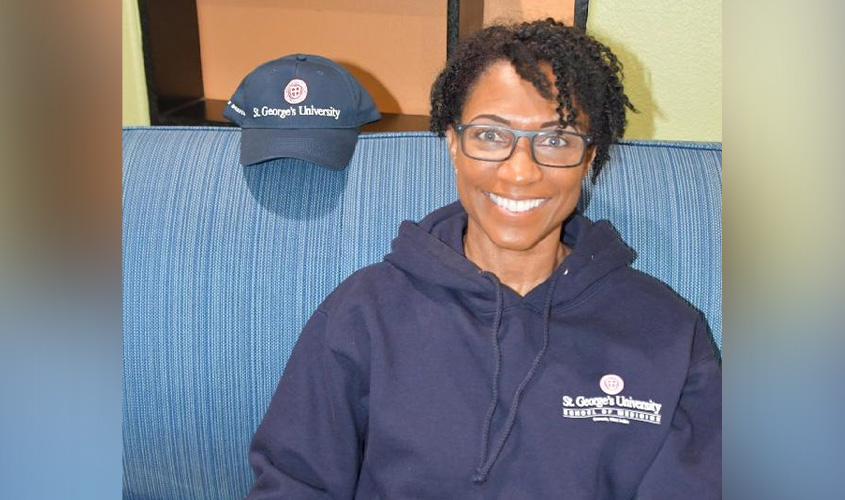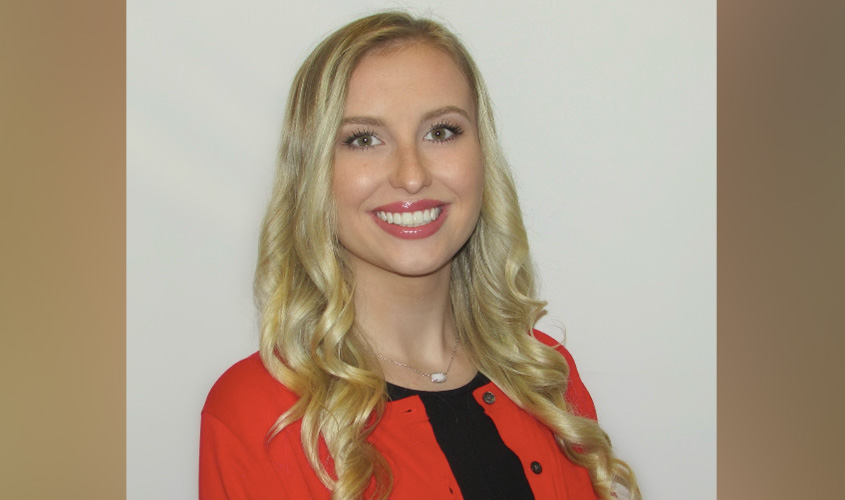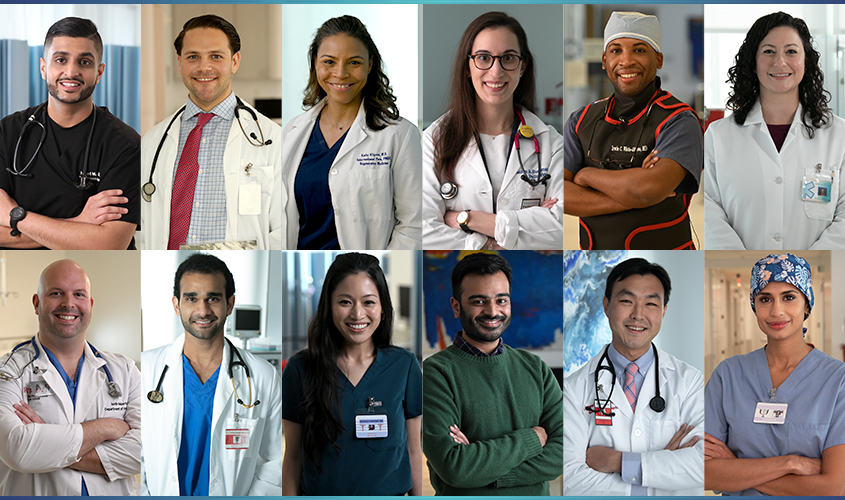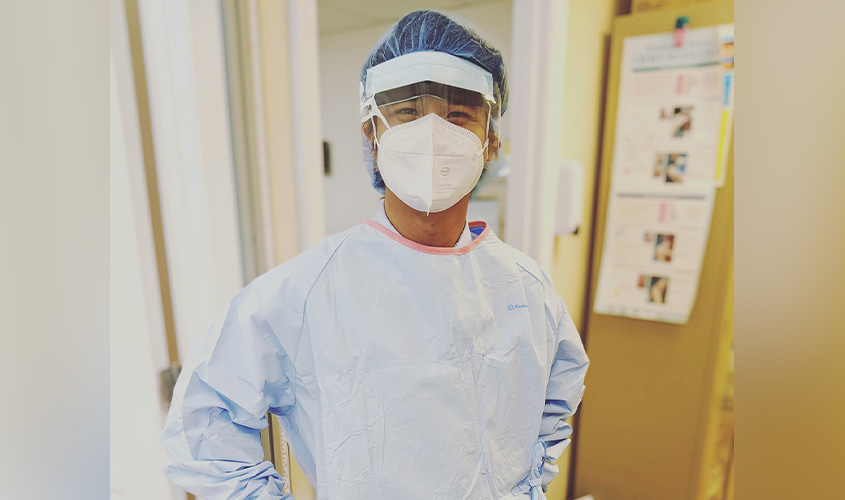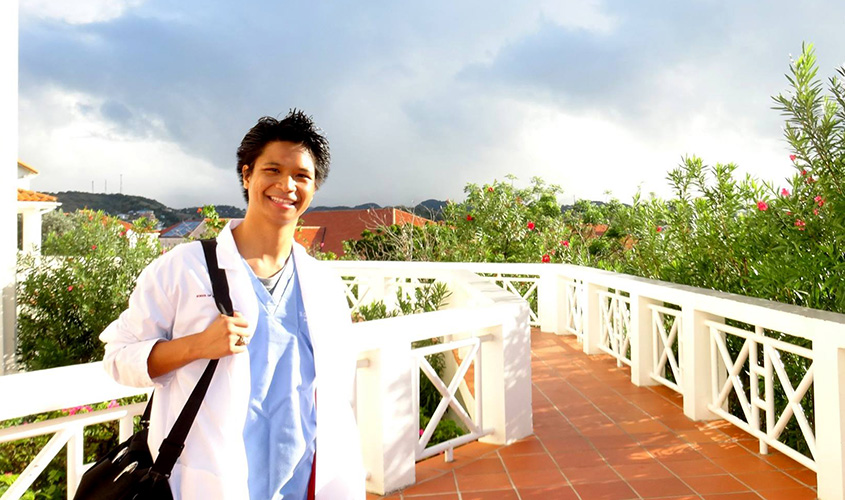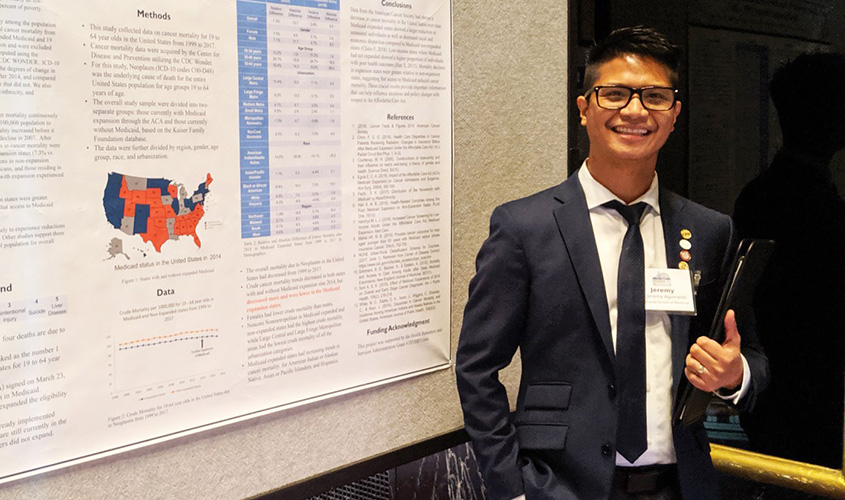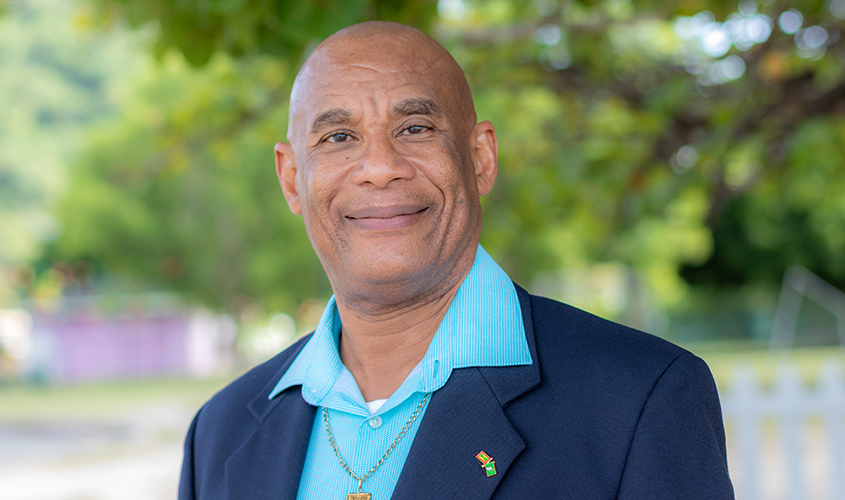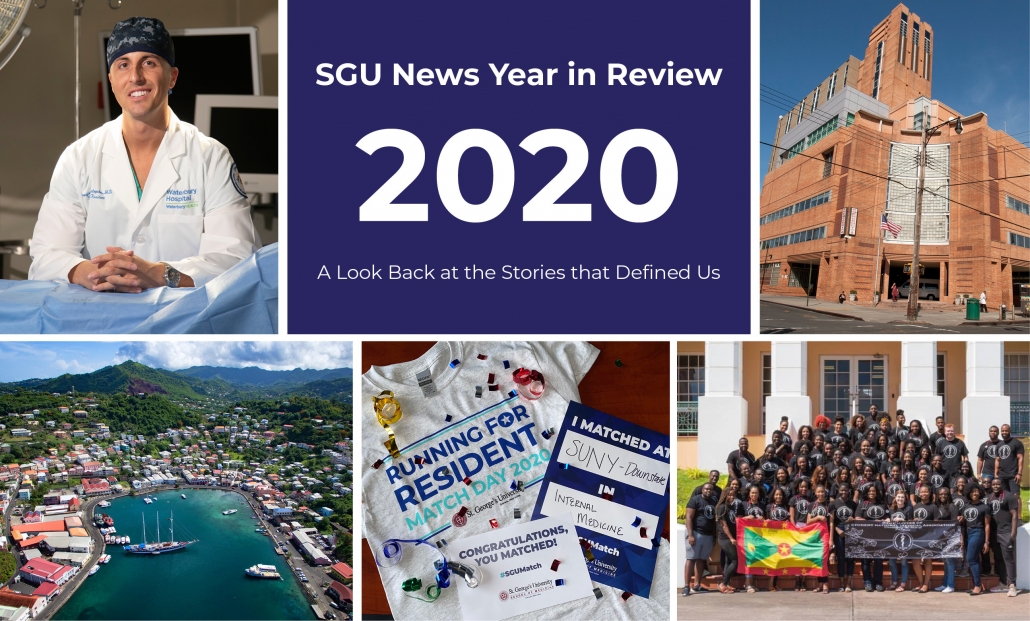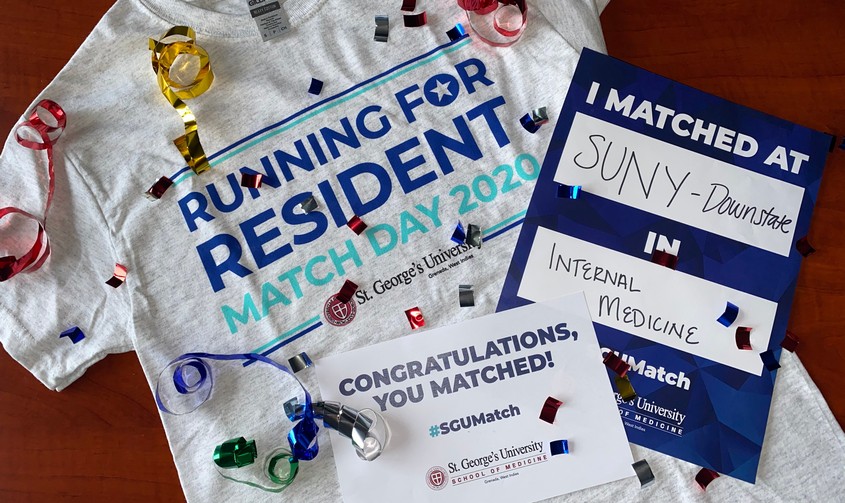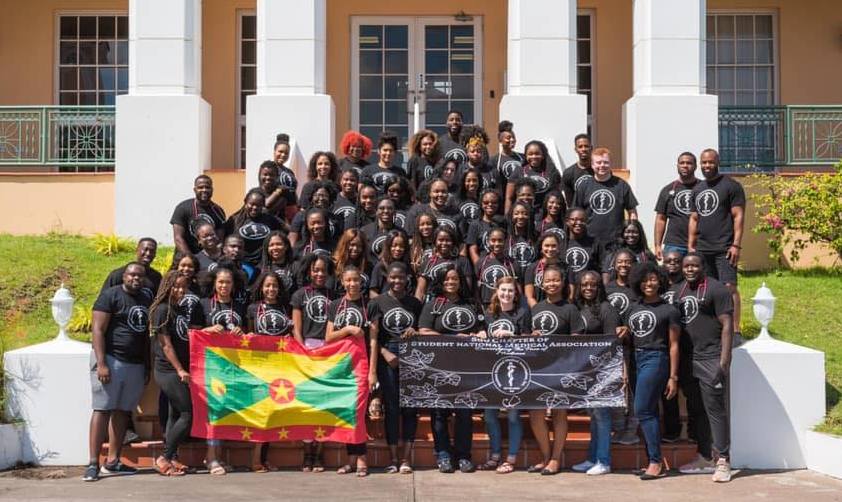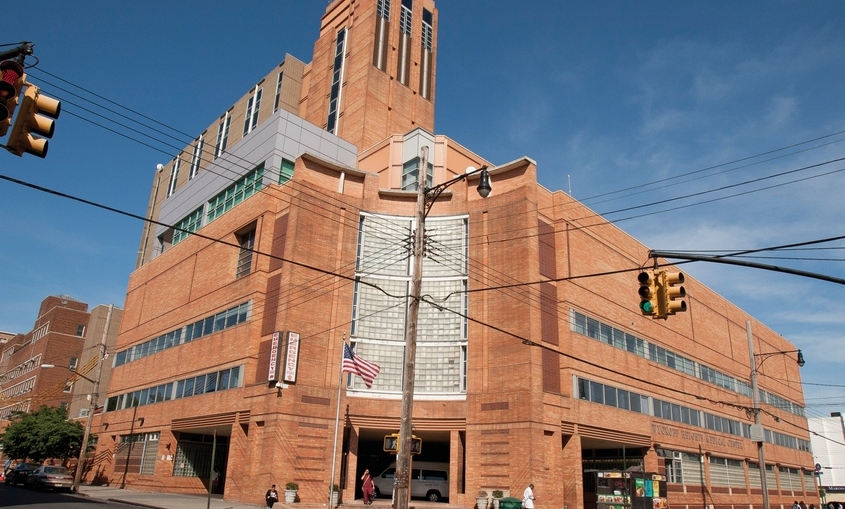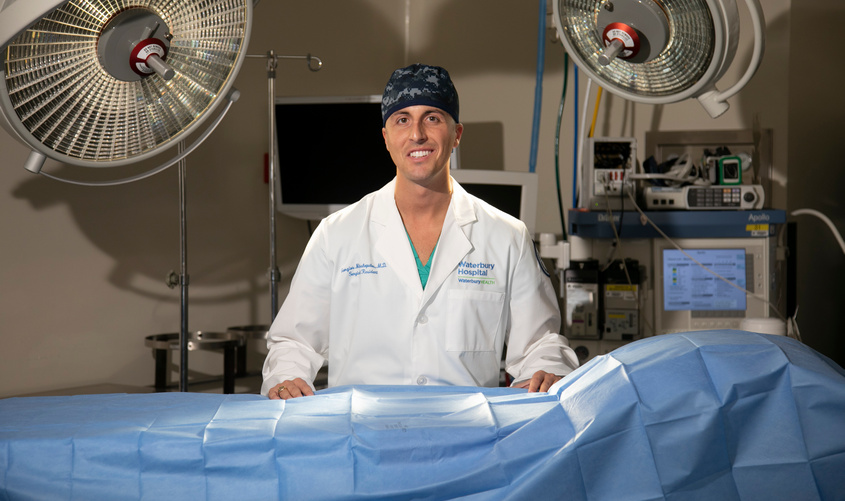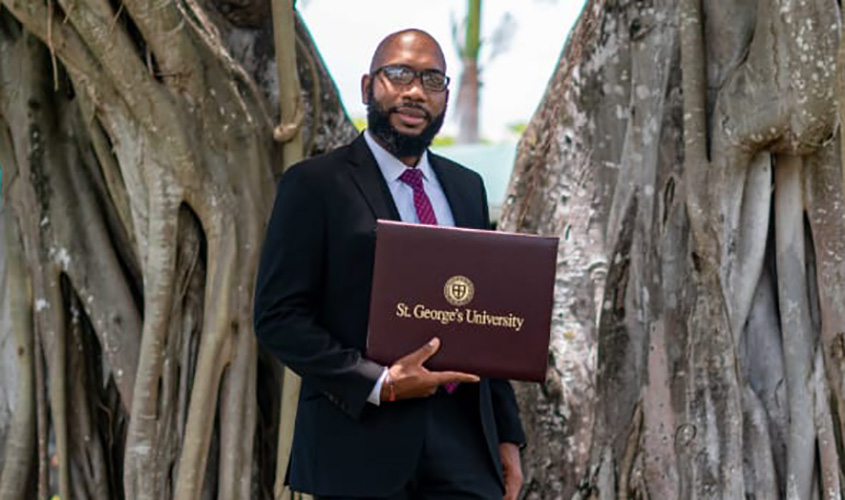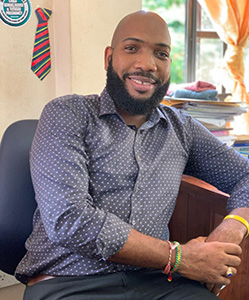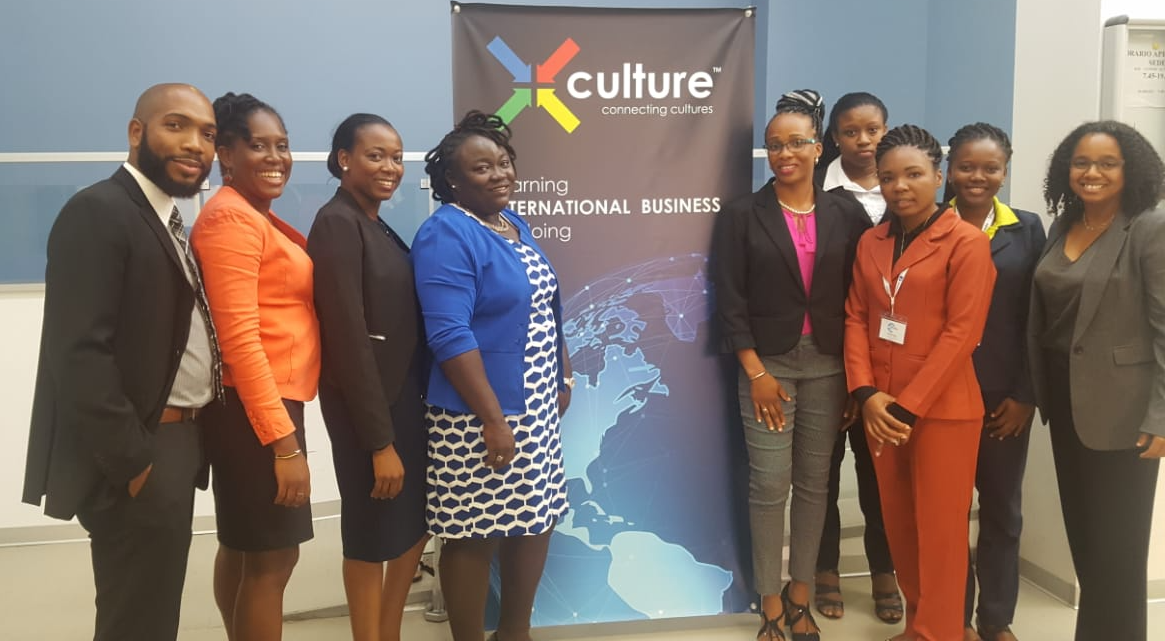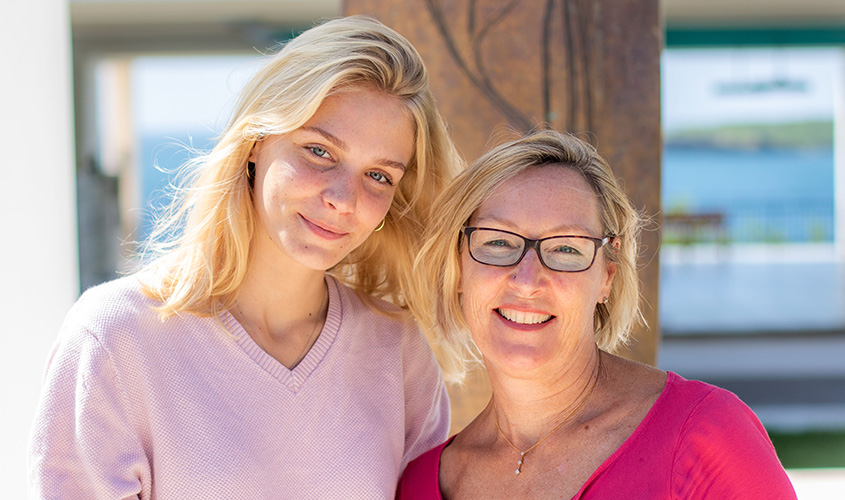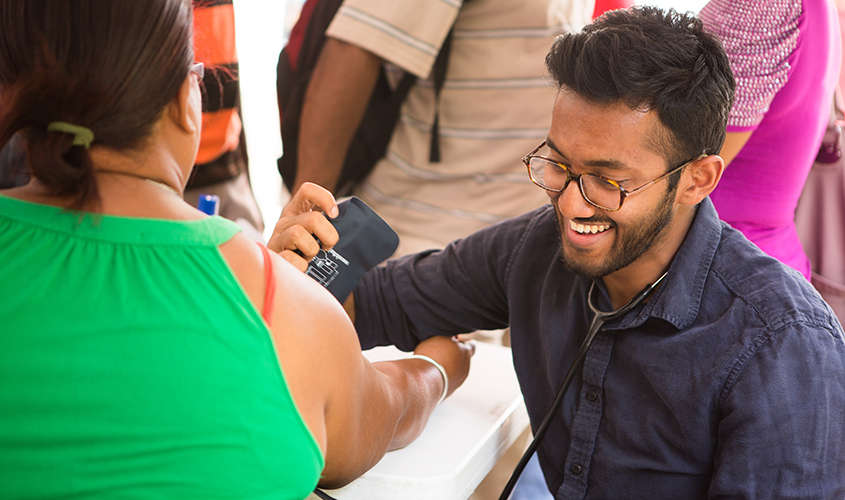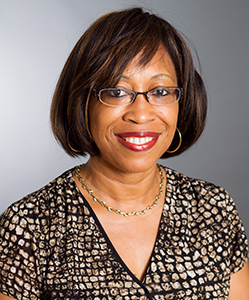High-Achieving SVM Students and Faculty Honored at Spring Virtual Awards Ceremony

Screen shot courtesy of SVM student Briana Kinsey.
The School of Veterinary Medicine recognized students and faculty who exhibited academic excellence, outstanding work ethic, and a strong commitment to the field during last month’s SVM Spring 2021 awards ceremony.
“Students who were named during the awards ceremony are the best of the best when it comes to exemplifying the qualities needed to become exceptional veterinarians,” said Dr. Neil Olson, dean of the SVM. “With the added challenge of learning during a global pandemic, the honorees have especially excelled, and we are so proud of their accomplishments at SGU.”
Dr. Olson, Mr. Brendon LaGrenade, SGU’s vice provost for institutional advancement, and Dr. Anne Marie Corrigan, associate dean of academics, addressed the online crowd. In addition to a wide range of traditional awards acknowledging the best students in all classes, student organizations could nominate students and faculty/staff for an award.
Two new awards were presented this semester:
- Dean Olson’s Award for Academic Excellence, given to Term 3 students with the highest GPA (as of the end of Term 2) and who embodies professionalism. The award has a combined value of $2,000 EC, split among the nominees.
- SGA SGU Awards of Excellence is a new award given by the Student Government Association recognizing SGU faculty and staff members who play an integral part in vet students’ success.
During the virtual event, the SVM also held its Phi Zeta Honor Society inductions as well as the traditional Term 6 student slideshow sendoff, a compilation of photos taken to highlight students’ time at SGU before they head into their clinical year. It was the first time that all three events were held together.
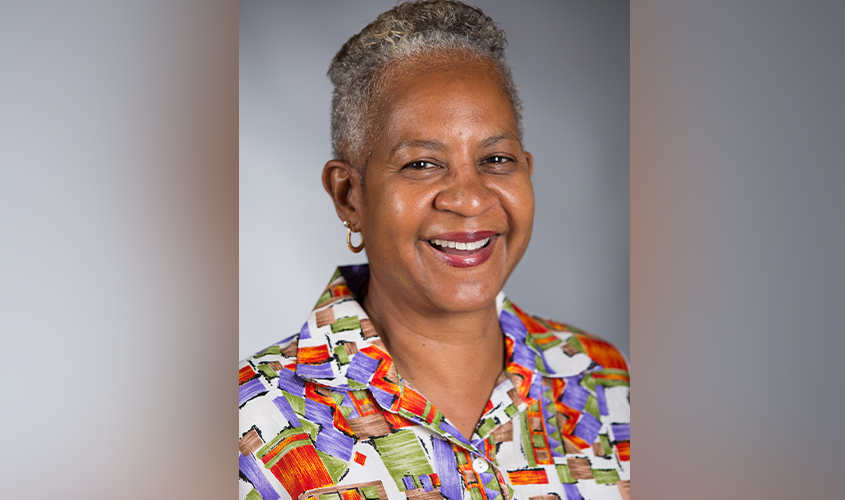
Dr. Rhonda Pinckney will retire on June 30 after 17 years at SGU.
The awards event also acknowledged retiring faculty member Dr. Rhonda Pinckney, a professor of veterinary parasitology within the Department of Pathobiology, and one of the longest serving SVM faculty members. Dr. Pinckney has been with SGU since 2004 and will retire on June 30.
The SVM hopes to be able to resume the award ceremony in person for the fall term.
Zoetis Awards
Zoetis Veterinary Student Scholars Award: April Perez, Sonali Desai, Pricilla Leinberger
Zoetis Revolution Awards
Small Animal Surgery Award: Kristie Armas
Small Animal Internal Medicine: Montana Loveday
Equine Medicine Award: Amanda Broeder
Production Animal Medicine Award: Haley Embleton
Scholarship of Service Award: Elizabeth McGarvey
Student Research Award: Glenna Raycroft Maur
Zoetis Distinguished Veterinary Teacher Award: Dr. Nicki Wise
Outstanding Colleague Awards
Term 1: Stephanie Nickerson
Term 2: Maureen Kruhlak
Term 3: Leandra Margolies
Term 4: Sheridan Nichols
Term 5: Adriana Kalaska
Term 6: Krystal Mendoza
Dean Olson’s Award for Academic Excellence Recipients for Spring 2021
Letty Bonilla, Daria Ehrenberg, Melissa Ferguson, Lauren Fleming, Acacia Johnson, Jennifer Memleb, Teylor Nealy, Cristians Rivas Morales, Aleeka Roberts, Samuel Ruch, Valerie Savino
Adrienne Lotton Memorial Award
Nakia Sweetman
SVM Alumni Scholarship Award
Cody Cragnolin
Giant Paws Giant Hearts Foundation “Hercules” Award
Cody Cragnolin
PAWS Recognition for Term 6 Facilitators
Krystal Mendoza, Collin Leisz, Camille Ogden, Anna Ritz, Elizabeth McGarvey, Amanda Broeder
Veterinary Public Health Committee “One Health One Medicine” Community Leader Award
Caitlin Nay
Student Organization Awards
SGUSVM Large Animal Society Most Valuable Sixth Term LAS Member Award
Maggie Pratt Isgren
Student Chapter of the American College of Veterinary Pathologists Most Valuable Pathologist Award
Taryn Paquet
Wellness Committee MVP Award
Chandler Case
TherioHERO Award (faculty award)
Dr. Firdous Khan
Student Chapter of the American College of Veterinary Internal Medicine Awards
Student Winner: Vittoria Lipari
Faculty Winner: Dr. Anne Corrigan
Student Chapter of the Veterinary Emergency and Critical Care Society
Student Winner: Tasha Faletti
Faculty Award: Dr. Anne Corrigan
Student Government Association Awards
SGUSVM Outstanding Faculty Award Recipients
Term 1-3: Dr. Rhonda Pinckney
Term 4-6: Dr. Firdous Khan
**NEW** SGA SGU Awards of Excellence (faculty award)
Terms 1-3: Ms. Tandy James
Terms 4-6: Ms. Naudia Dundas
George B. Daniel Award
Maria Coppola
The Pinckney Parasitology Award
Brianna Shepke, Lance Shen Kenny
Alpha Delta Chapter of the Society of Phi Zeta
Spring 2021 Inductees
Term 5 Inductees
Alexa Albam, Richard Brown, Devin Curtsinger. Briana Howard, Adriana Kalaska, Nadine Pearsall, Elizabeth Russell. Dawson Ruschkowski Tess Talmage, Kiersten Yndestad
Term 6 Inductees
Taylor Adams, Marisa Curro, Erica Foster, Annelise Godau, Krystal Mendoza, Hannah Narburgh, Camille Ogdon, Alexa Pensabene, Sarah Quinlan, Anna Ritz, Jaren Rodier, Sofija Todorovic, Katherine Williams
Term 6 Students Inducted Last Term
Jacqueline Compta, Cody Cragnolin, Molinaro Goode, Kyra Gore, William Holl, Cullen Kurgan, Abigail Kenly, Vittoria Lipari, Taryn Mooney, Romina Morgan, Kelly Ramos, Jaimie Remillard, Yu Wang
Phi Zeta Specialty Faculty Recognition for Their Work in Promoting Research and Scholarship
Dr. Firdous Khan, Dr. Heidi Janicke
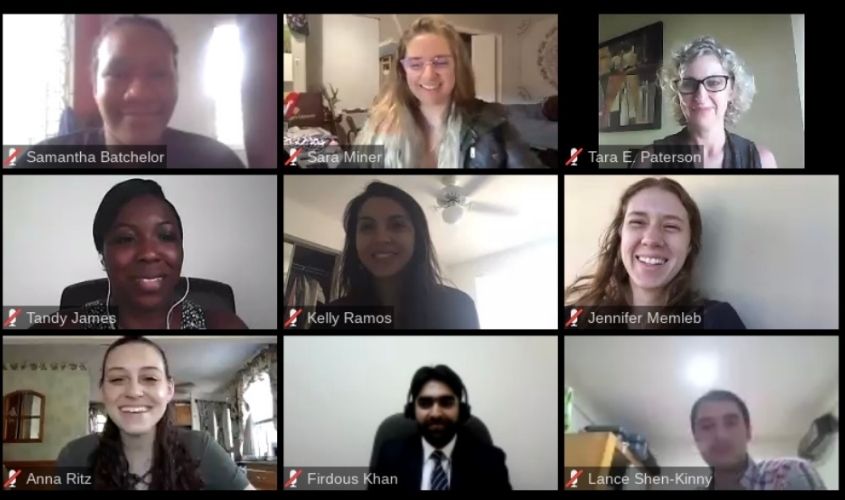
Screen shot courtesy of SVM student Briana Kinsey.
– Laurie Chartorynsky
